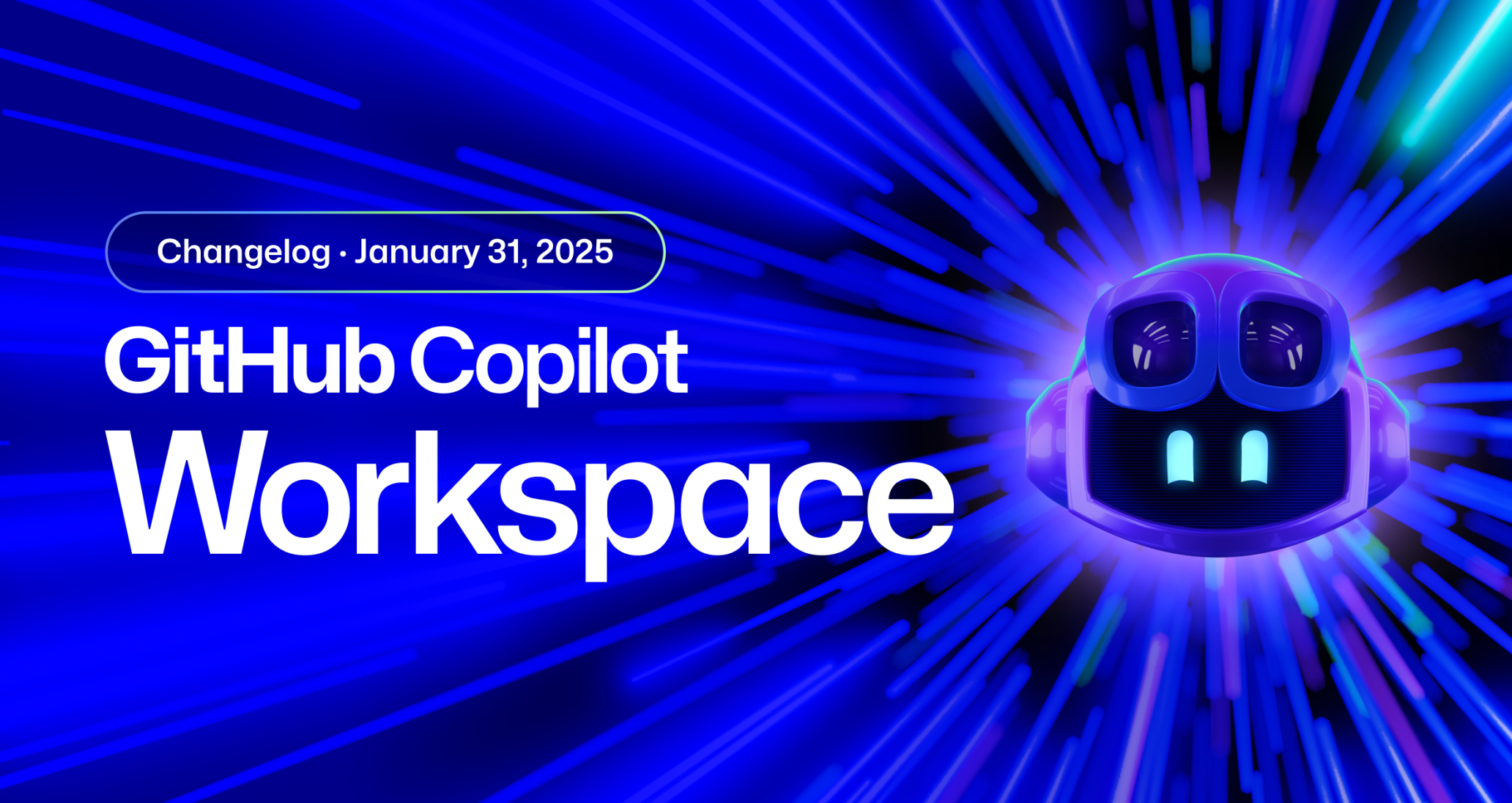Copilot Workspace: Auto-validation, go to definition, and more

We’re excited to share the latest improvements for Copilot Workspace, including enabling enterprise managed users, auto-validating changes in the workspace, and more. Let’s get started! 🚀
Auto-validation
We’ve shipped a new experiment enabling Copilot Workspace to automatically perform a build & test after implementation. If any failures are detected, it will attempt repairs.
To enable this experimental feature, go to Experiments > Start verify loop after implement.
Go to definition
We’ve enabled go to definition support in the editor to improve code navigation.
File-specific plan
While you’re implementing your plan with Copilot Workspace, you will now be able to view and edit the file-specific plan items. These are located right above the file, so you can seamlessly edit and iterate on your plan.
File tree reflects plan changes
While iterating on your plan, when you select or deselect a particular plan item, these changes will now be reflected in the file tree in real-time.
Support for enterprise managed users
GitHub Enterprise Cloud customers with Enterprise Managed Users can now use Copilot Workspace. Enterprise administrators have full control over enabling Workspace in their enterprise. To do so:
- Enable the Copilot Workspace policy through your enterprise account (note this means accepting the GitHub Next Terms and Conditions)
- Enable Preview features and Copilot Extensions at the enterprise or organization level. Please note that if any organization a user belongs to has either of these policies disabled, then they are considered disabled for that user throughout the site, regardless of context. The user will not have access to Copilot Workspace or other features that require those policies.
- Ensure the organization has valid Copilot access for users of Copilot Workspace.
- Enable the GitHub Next OAuth Application in the organization.
As we continue to evolve Copilot Workspace, we’ll be simplifying these steps, so stay tuned for improvements!
Edit and validate Autofix suggestions
GitHub Advanced Security users can now use Copilot Workspace for pull requests to triage and apply Copilot Autofix suggestions, with the ability to build, test and run the proposed changes without leaving GitHub. Learn more.
Bug fixes & other improvements
- Added a notification so users know when they need to update the spec after the task has changed.
- Changed search so when a file is selected, it is highlighted in the file tree.
- Enabled renaming files on the file page, rather than just on the files changed page.
- Changed plan to auto-hide when there is no plan defined.
Providing feedback
Please give feedback in our GitHub Discussion. Any and all feedback is appreciated!